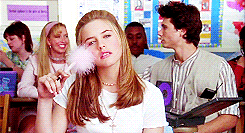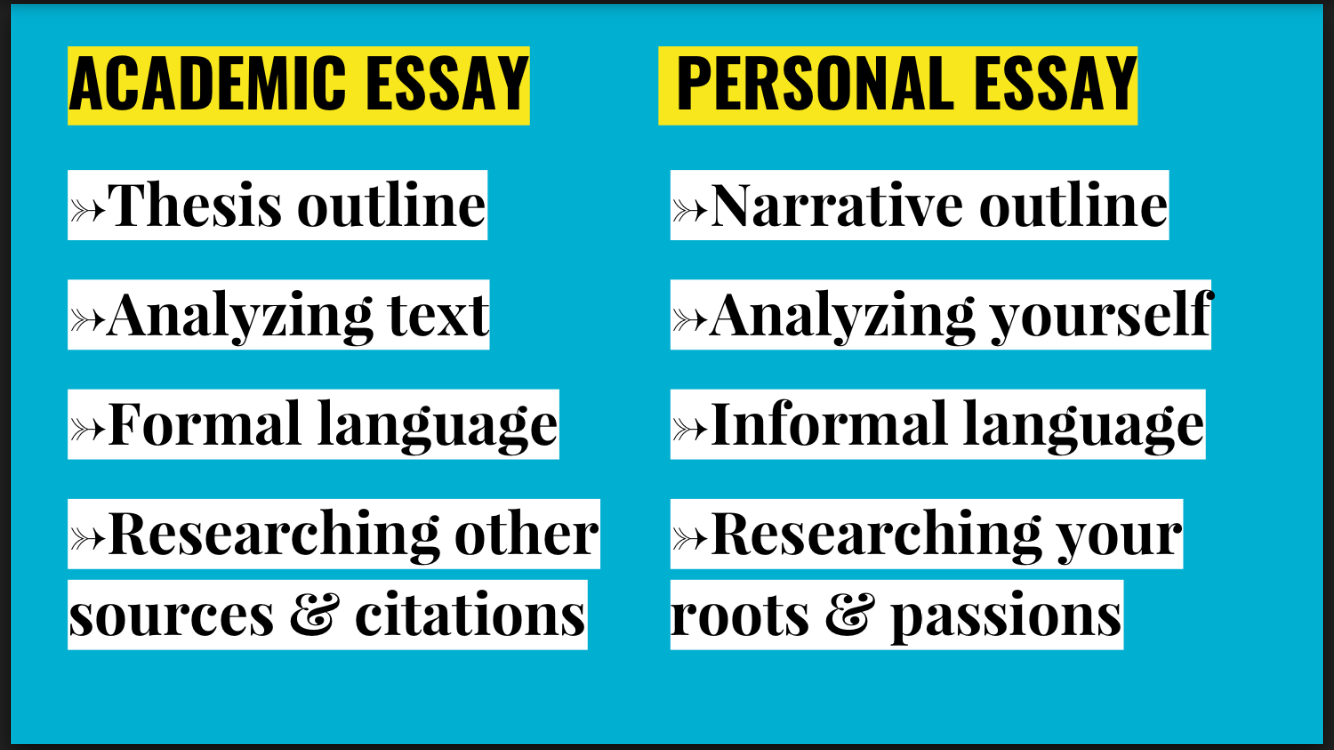The 8 Grammar Mistakes to Watch Out For
/A literary blog I love recently posted about common grammar mistakes, and I love it so much and find it so helpful that I’ve included the whole thing below in addition to the four most common mistakes I’ve seen.
These are all a great thing to look out for when you're proofreading your essay. I’ve had so many students make the dangling modifier mistake, in addition to the faulty quotation mark punctuation. But you should find comfort that even published authors make the same mistakes! Everyone needs help with their grammar sometimes, especially since it often takes a new pair of eyes to spot typos, because yours have already gotten habituated to your words.
In addition to the grammar mistakes below, see my stylistic errors to watch out for too.
1) Too many adverbs.
Adverbs are one of the first things I’ll cut in my edit. They are often a sign of wordy writing and indicate that the verb you’re using them to modify is not strong enough on its own. This is an especially easy thing to look out for when you're editing for word count.
2) Confusing formatting.
There should only be one space between sentences and after punctuation. In legal language, it’s common to have two spaces between periods, but for a personal essay, it’s best to stick with the standard of one. If you’re ever confused about formatting, always revert to the AP style, which I swear by.
3) Incorrect number attribution.
Numbers often come up in personal essays, either to tell us how old you were at a pivotal moment or how long you’ve been pursuing your passion. And this often gets mistaken, but the rule is pretty easy to remember. Any number before 10 should be spelled out. Any number 10 and above should remain a number. So if you’re 26-years-old, you were six years old, 20 years ago.
4) Em dash overuse.
Em dashes, the longer dash used instead of a colon or semi-colon to really draw attention to the next clause, are the literary world’s dark chocolate—everyone loves them, but they’re best used sparingly to make an impact. (See what I did there?) This is another stylistic callout, but overusing em dashes lessens their ability to draw someone's attention. If every clause is separated by an em dash, they are not as effective. Limit these literally flourishes to no more than three per essay.
And now, here's Signature Read's list pasted in full:
5) “Whom” between clauses.
To understand the most common “whom” errors, first compare two sentences that do not contain the pronoun “whom”: “I know him.” “I know he works hard.” Why does the first use an object pronoun, “him,” while the second uses the subject pronoun “he”? Aren’t they both the object of the verb “know,” and if so, shouldn’t they be in the object form: him? Obviously not. “I know him works hard” is clearly an error. Yet the same error isn’t as clear when we’re dealing with “who” and “whom.” Look at this example: “The manager wanted to hire Yale alumni whom he knew would fit in well at the company.” That’s a mistake. It should be “who.” The object of the verb “knew” is not a single pronoun, “whom.” It’s a whole clause: “who would fit in well.” That verb phrase “would fit in well” needs a subject, so it needs the subject pronoun “who” and not the object pronoun “whom.”
“Joe and I” used as an object. We’re taught that “I” is more proper than “me.” That’s often true. “Joe and me are having lunch” is grammatically inferior to “Joe and I are having lunch.” But sometimes “me” is correct. In “Thanks for taking the time to visit Stephanie and me,” the noun phrase “Stephanie and me” is the object of the verb “visit.” The pronoun “I” is a subject. The pronoun “me” is an object. So for the object of a verb like “visit,” you need “me.” Idiomatically, it’s acceptable to use “I” here. But people who know the rules will think you were trying to be grammatically correct and failed. When in doubt, try omitting the other person. Then you get “Thanks for taking the time to visit I” versus “Thanks for taking the time to visit me.”
6) Faulty parallels.
What’s wrong with the following sentence? “Carrie says Brian plans to study biology, math, French, economics and is considering joining the soccer team.” This sentence contains an error called a faulty parallel, which occurs when listed items fail to attach the same way to a stem. Here the stem is “plans to study.” We’re saying Brian plans to study biology, plans to study math, plans to study French, and so on. To avoid repetition, make all the items in the list share a single “to study.” It works fine until we get to the last item: “is considering joining the soccer team.” Our broken parallel says, “Brian plans to study is considering joining the soccer team.” That’s nonsense. Sometimes, fixing a faulty parallel is as simple as inserting “and” before the last true parallel item. “Brian plans to study biology, math, French, AND economics and is considering joining the soccer team.” Other times, it’s easier to break up the sentence.
7) Danglers.
Here’s another “what’s wrong with this sentence?” test for you: “Walking down the beach, my shoulders got sunburned.” Answer: Shoulders can’t walk. This is called a dangler — a modifying phrase that appears to modify the wrong thing. To fix these, put the modifying phrase closest to the thing it modifies. What is “walking down the beach”? A person. So name the person who was walking: “Walking down the beach, I got a sunburn on my shoulders.” When the dangling phrase is an “ing” or “ed” participle like “walking,” it’s called a dangling participle. When it’s a single word or phrase, it’s just a general dangler, as in, “A woman of great accomplishments, the promotion was bestowed on Mary.” Again, just put the recipient of the modification, Mary, as close as you can to the modifying phrase: “A woman of great accomplishments, Mary got the promotion.”
8) Periods and commas outside quotation marks.
In American English, a period or comma always comes before a closing quotation mark: Instead of the word “aggravated,” Chuck likes to use “irritated.” Question marks and exclamation points have a different rule. They can go either inside or outside depending on whether they modify the whole sentence or just the quoted portion: Alfred E. Neuman’s catchphrase is “What, me worry?” Did you know Bart Simpson’s catchphrase is “Ay, caramba”? You might notice British English or even Wikipedia putting commas or periods outside quote marks. That’s because they have different rules. In American English, the period or comma always comes first.






























